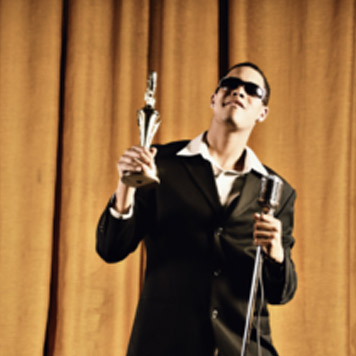 Last night was the 71st annual Golden Globes Awards, so of course this morning the media is buzzing about what (or should I say, who) everyone wore, who the big winners were, and who had the best and worst speeches. It seems like even once you’ve won the award, there’s still room for failure if you come off as an awkward mess, forget to thank your mother, or get “played off” by that music they use to let you know your time is up.
Last night was the 71st annual Golden Globes Awards, so of course this morning the media is buzzing about what (or should I say, who) everyone wore, who the big winners were, and who had the best and worst speeches. It seems like even once you’ve won the award, there’s still room for failure if you come off as an awkward mess, forget to thank your mother, or get “played off” by that music they use to let you know your time is up.
It got me thinking that in some ways an acceptance speech is actually a lot like an interview. Here’s how:
- It’s a high stress – and high stakes – situation. In an acceptance speech, you’re addressing a room full of industry colleagues, many of whom just also happen to be mega-celebrities. And then there are the millions watching at home. In an interview your audience is surely smaller, but even if you’re sitting down with just one other person, they have the power to make a major impact on your career, for better or worse. Which means you’re just as eager to make a great impression. Those who come out on top in either situation are the ones who can take a deep breath, harness those nerves, and let their personality shine through.
- Preparation pays off. Sure there are always those rare moments when a winner has the poise and personality to go off script and deliver a speech based on pure emotion. But more often than not, you end up with something more awkward than inspiring. The same goes for an interview. While you can’t be completely scripted without coming off as stiff or inauthentic, you can certainly study up on the company and the people you’ll be meeting, practice your answers to some answers to common questions, and have some questions of your own prepared. The time you invest will be well spent when you make a polished and professional first impression.
- Rambling is a no-no. Whether brought on by nerves, lack of preparation or both, delivering a long-winded, incoherent monologue can be the kiss of death for an acceptance speech or an interview. That’s why it’s good to have a clear idea of what you want to convey about your skills and experience ahead of time, so you don’t end up burying your key messages or revealing something you hadn’t planned to discuss.
The confident interviewer – like a successful speaker – does the work ahead of time to help keep their nerves in check and their message clear. Okay, time’s up. Cue the music…
